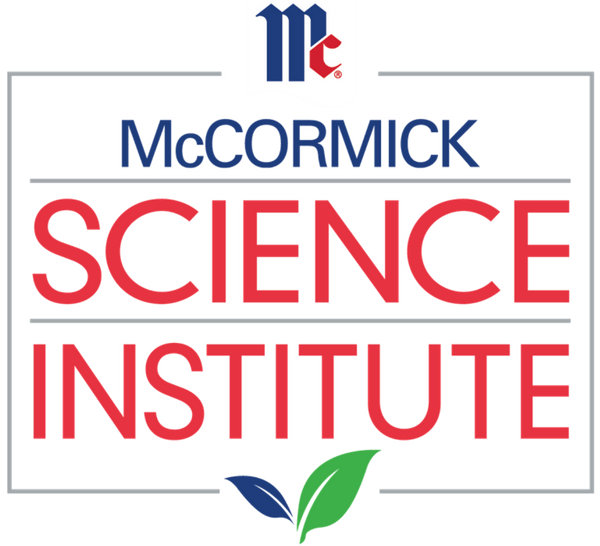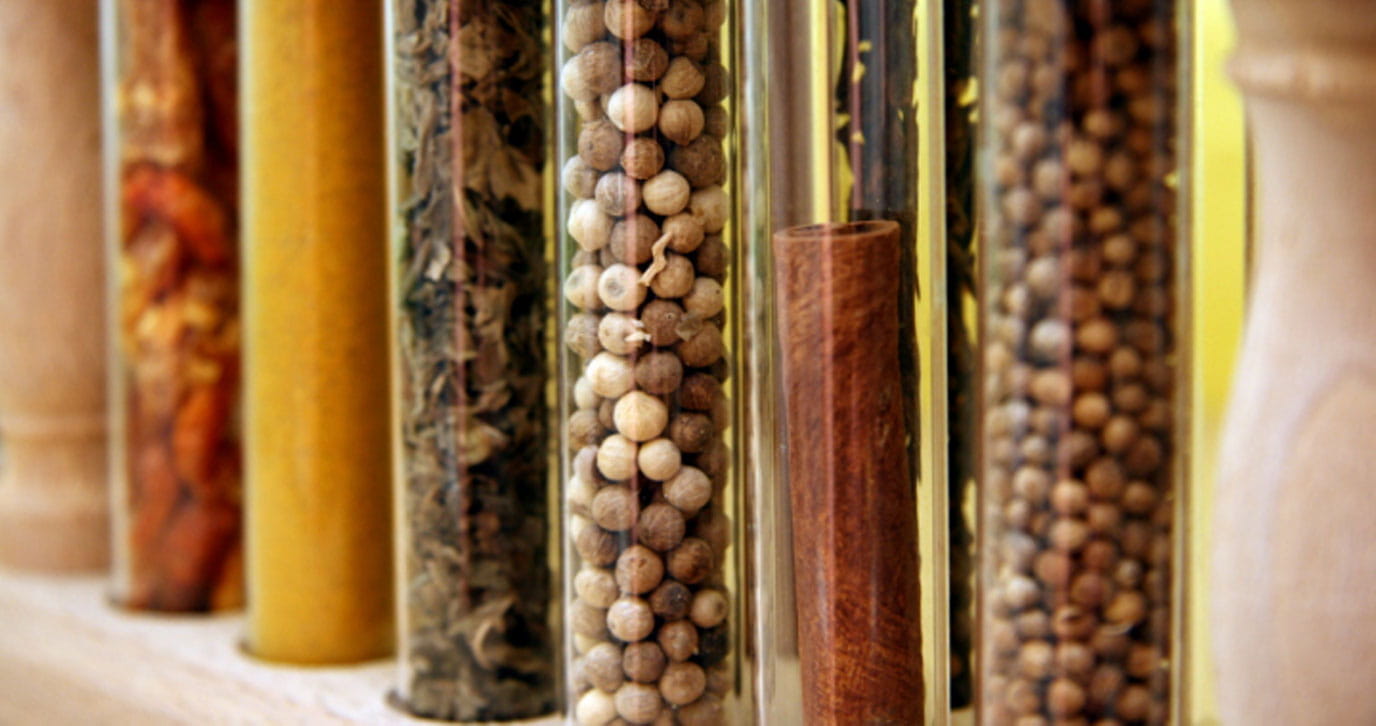November, 2024
Nutrition Education in Primary Care: Comparing Video vs Handout InterventionsMetabolic Effects of a Spice Containing Meal
Skulas-Ray A, Kris-Etherton P, Teeter D, Chen O, Vanden Heuvel J and West S

July 2011-- A small crossover study, funded by the McCormick Science Institute, looked at whether consuming a spice enhanced meal affected antioxidant and metabolic factors among 6 healthy, overweight men aged 60 to 65. View full paper.
Overview
The objective of this study was to examine whether adding 14 g of a high antioxidant spice blend to a 5060-kJ (1200 kcal) meal exerted significant postprandial (after meal) effects on markers of plasma antioxidant status and metabolism.
Methods
Six healthy, overweight men consumed a control and spiced meal in a randomized crossover design with 1 week between testing sessions. Spices included culinary amounts of black pepper, cinnamon, clove, garlic powder, ginger, oregano, paprika, rosemary and turmeric. Blood was sampled prior to the meal and at 30-minute intervals for 3.5 hours (total of 8 samples).
Results
All participants consumed both the spiced and non-spiced meal. The meals were well tolerated (no incidence of gastrointestinal effects) and participants rated the control meal and spiced meals the same for fullness, satiety, enjoyment and flavors. There was a significant difference (P= .05) in blood insulin (21% decrease) and triglyceride (31% decrease) levels with the spiced meal as compared to the non-spiced meal over time. The spiced meal also significantly increased blood antioxidant levels for both ferric reducing antioxidant power (FRAP; P =0.009 ) and hydrophilic oxygen radical absorbance capacity (H-ORAC; P = 0.02). There were no treatment differences in glucose, total thiols, lipophilic ORAC, or total ORAC.
Conclusions
The incorporation of spices into the diet may help normalize postprandial insulin and triglycerides and enhance antioxidant defenses.






